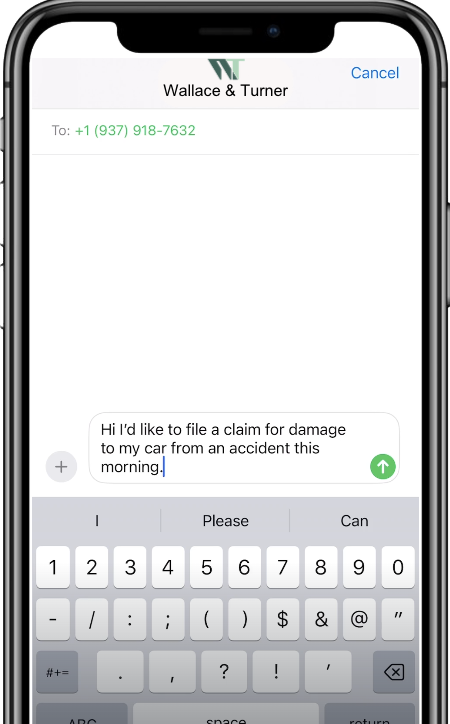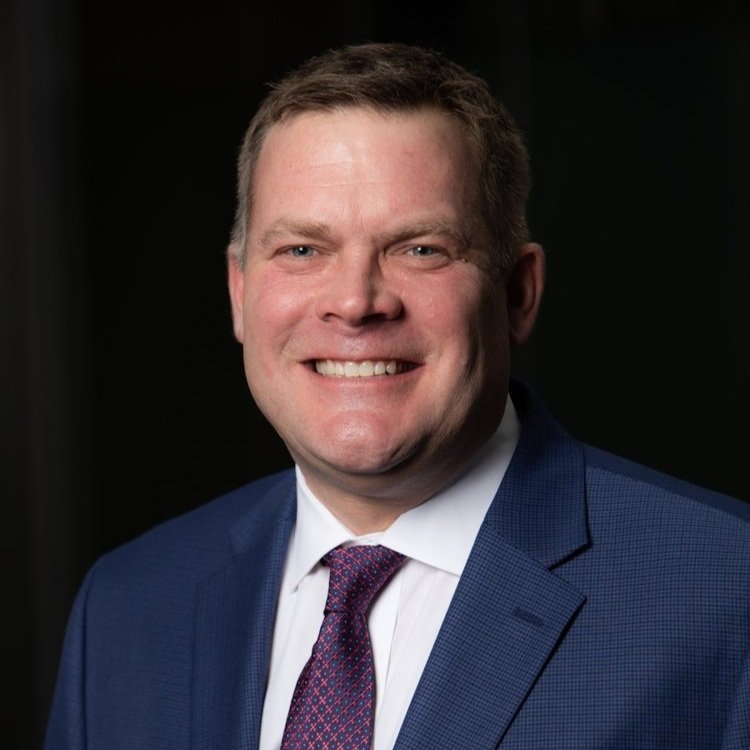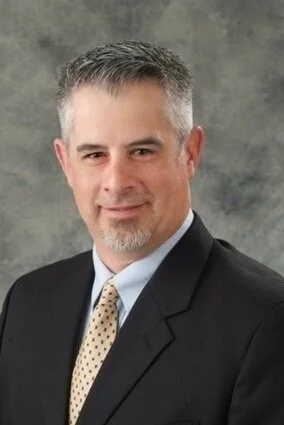Cybercrime is no longer an issue reserved for technology companies, hospitals or financial institutions. Increasingly, industries that have historically considered themselves “low risk” for cyberattacks, such as construction, manufacturing and distributors, are finding themselves in the crosshairs of cybercriminals. Attackers are going where defenses are weakest, and right now, that includes blue-collar industries across Ohio.
For Ohio business owners, this trend carries significant implications. Many of these industries are the backbone of the state’s economy, employing thousands and supporting vital supply chains. Unfortunately, these same sectors often lag behind in cybersecurity investment, leaving gaps that attackers are eager to exploit.
We’re exploring why blue-collar industries are now prime cyber targets, how attacks unfold and what steps businesses can take to protect themselves against potentially devastating losses.
Cybercrime by the Numbers
The scale of cybercrime continues to rise year over year. In 2023, the FB’s Internet Crime Complaint Center (IC3) received 21,489 complaints related to Business Email Compromise (BEC), with reported losses exceeding $2.9 billion. BEC is a sophisticated scheme that targets both businesses and individuals engaged in fund transfers. These scams are often executed by compromising legitimate business email accounts, typically through social engineering or computer intrusion, and then using them to initiate unauthorized transfers of money.
What’s striking is that attackers are no longer just chasing sensitive personal data or credit card information. They’re looking for ways to disrupt operations, lock down systems and extort ransoms – tactics that work just as effectively on a manufacturing plant in Ohio as they do on a tech startup in Silicon Valley.
In fact, a recent IBM Cost of a Data Breach Report found that the average cost of a breach globally reached $4.4 million. Even smaller breaches, affecting fewer than 1,000 records, can cost hundreds of thousands of dollars when factoring in downtime, recovery and reputational harm.
Why Ohio’s Blue-Collar Industries Are Being Targeted by Cyberattacks
1. Legacy Systems and Limited IT Resources
Many construction, manufacturing and distribution firms operate with outdated software, machinery or enterprise systems. These legacy platforms may not receive regular security patches, creating vulnerabilities. In smaller cities like Urbana and Springfield, Ohio, IT teams are often lean, making it difficult to keep up with evolving threats.
2. Operational Disruption as Leverage
Unlike banks or hospitals, blue-collar industries may not store vast amounts of consumer financial data. But what they do have is something equally valuable: production continuity. If a ransomware attack locks up a manufacturing line in Dayton, Ohio, the cost of halted operations can skyrocket within hours. Attackers know this urgency often forces companies to pay ransoms quickly.
3. Supply Chain Weakness
Wholesale distributors and manufacturers are critical links in supply chains. Cybercriminals may target these companies not only for direct profit, but also as stepping stones to larger businesses and clients. A compromised vendor can become the entry point for attacks across an entire network of companies.
4. Underestimation of Risk
Perhaps the most significant factor is perception. Many blue-collar businesses have historically believed they weren’t “interesting” enough for hackers to target. That misconception is changing rapidly and unfortunately, it means many companies are underinsured or unprepared when an incident occurs.
Real-World Examples of Cyberattacks on Ohio Businesses
Rumpke Waste and Recycling in Colerain Township, Ohio was hit by a ransomware attack attributed to the cybercriminal group Hunters International. The attackers reportedly demanded a ransom within 24 hours to prevent further data exposure.\
Crown Equipment, a manufacturing company based in New Bremen, Ohio with nearly 20,000 employees, was forced to shut down temporarily due to a cyberattack in 2024.
The City of Athens lost $700,000 in a phishing scam when scammers faked a bank transfer agreement that looked like it was coming from Pepper Construction, the company that built the city’s new fire station and is remodeling the Armory building.
These cases highlight that no business, regardless of size or industry, is immune.
Cyber Liability Insurance in Ohio
Even the most diligent cybersecurity strategy cannot guarantee 100% protection. That’s why cyber liability insurance has become an essential tool for Ohio businesses.
A strong cyber liability policy can cover:
Data Breach Response Costs – including forensic investigations, legal fees and notification to affected parties.
Business Interruption Losses – compensating for lost income during downtime caused by an attack.
Ransomware and Extortion Payments – helping businesses respond if criminals demand payment.
Third-Party Liability – covering damages if an attack on your systems impacts clients, partners or vendors.
Reputational Harm and Public Relations Support – assisting in managing customer trust after an incident.
It’s important to note that not all cyber insurance policies are created equal. For example, some exclude coverage for social engineering fraud, while others may cap payments for ransomware incidents. Businesses should work with a trusted insurance partner to carefully review their existing coverage and identify gaps.
How Ohio Businesses Can Strengthen Their Defenses Against Cyber Criminals
Beyond insurance, companies in construction, manufacturing and distribution should take proactive steps to reduce risk:
Employee Training
Human error is often the weakest link. Regular training on phishing, password hygiene and suspicious email recognition is critical.Patch and Update Systems
Keeping operating systems, industrial control software, and even IoT devices updated closes many of the most common security gaps.Implement Multi-Factor Authentication (MFA)
MFA significantly reduces the risk of compromised credentials being used in attacks.Conduct Regular Risk Assessments
Independent IT security audits can identify vulnerabilities that internal teams may miss.Develop an Incident Response Plan
Knowing exactly how to respond when an attack occurs – who to call, how to isolate systems, and how to notify stakeholders – can save precious time and minimize damage.
For more guidance, the Cybersecurity & Infrastructure Security Agency (CISA) provides helpful resources for small and mid-sized businesses.
Why Now Is the Time to Asses Your Cyber Insurance
Cyber threats are not slowing down. With the rise of artificial intelligence, phishing scams are becoming more sophisticated, and ransomware groups are growing bolder. For businesses, this means the risks are not only growing, but evolving.
Choosing to ignore these risks could result in devastating financial losses, legal liability and reputational harm that takes years to rebuild. On the other hand, businesses that proactively invest in cybersecurity measures and review their cyber liability insurance are positioning themselves to survive in this expanding digital environment.
Wallace & Turner’s Cyber Coverage for Ohio Businesses
At Wallace & Turner Insurance, we’ve served businesses across Ohio for more than a century, and we understand the unique challenges facing our region’s construction firms, manufacturers and distributors. Our team can help you:
Evaluate your current cyber liability policy
Identify potential gaps in coverage
Benchmark your protection against industry best practices
Provide risk management resources to strengthen your overall cybersecurity
Whether you’re a manufacturing company in Dayton, a construction firm in Urbana or a distributor in Springfield, we’re here to make sure your business is prepared for today’s evolving cyber threat landscape.

















